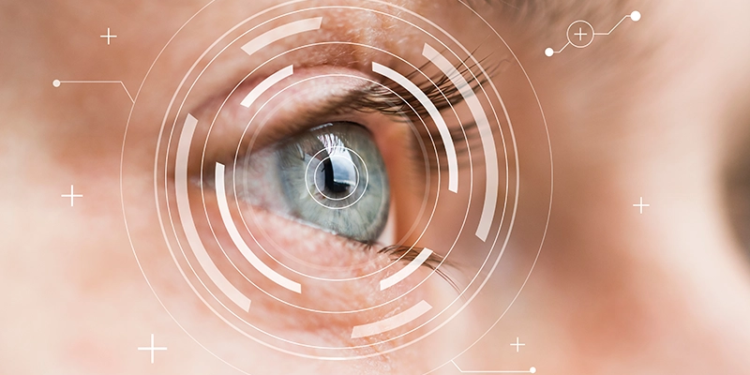UNYQ, San Francisco, and the Department of Veterans Affairs, as represented by the Minneapolis VA Health Care System (HCS), have entered into a cooperative research and development agreement for 3D-printed prostheses.
UNYQ uses digitization and 3D printing to design its prescription prosthetic and orthotic devices.
The objective of the collaboration is to introduce personalized products that address specific needs of people with amputations within the veteran community, using technology such as 3D printing, generative design, and app development. The Minneapolis VA research group previously invented the background technology that was licensed to UNYQ by the Technology Transfer Program (TTP).
The Minneapolis VA HCS has been engaged in research and development of 3D-printed prosthetic devices that are now close to market ready. Last year, the VA TTP initiated a search for a commercial partner to finalize the strategy for bringing the products to market, a process that led to the agreements with UNYQ.
“3D-printing and personalization can solve needs unaddressed so far for the veterans with amputations. During the last years, our team has been exploring and investing in the development of prototypes and advanced concepts. We are very excited to be partnering up with UNYQ to make this work finally available to clinics and end users, including veterans,” said Andrew Hansen, PhD, director of the Minneapolis Adaptive Design & Engineering Program at the Minneapolis VA HCS.
UNYQ was founded in San Francisco and Seville Spain and has over 700 clinics in over 30 countries. The Minneapolis Adaptive Design & Engineering (MADE) Program’s mission is to develop and disseminate adaptive technologies and interventions to help veterans with physical disabilities maximize their function and participation in meaningful activities throughout their lifespan.




